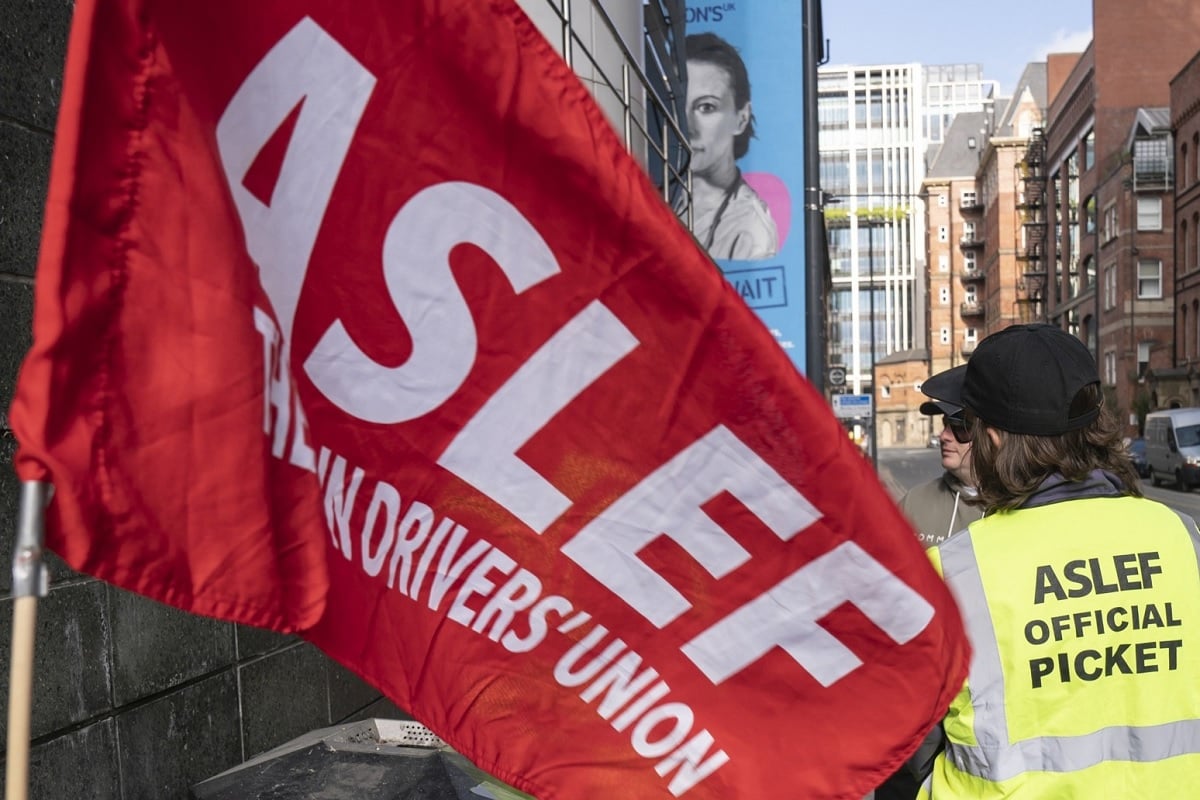DfT announces breakthrough in train drivers’ pay dispute
DfT and ASLEF propose end to train drivers' national rail strikes

The Department for Transport (DfT) announced a “major breakthrough” in the ongoing pay dispute involving train drivers, potentially signalling an end to national rail strikes. Following “positive” government-led discussions, the drivers’ union ASLEF has agreed to present a new pay proposal to its members.
A DfT spokesperson outlined the offer as a 5% pay rise for 2022/23, 4.75% for 2023/24, and 4.5% for 2024/25. ASLEF members will now vote on this proposal in a referendum. Over the two-year dispute, drivers staged 18 strike days and refused to work non-contractual overtime, causing significant disruption for passengers.
ASLEF began balloting for industrial action in June 2022, renewing its mandates every six months. The first strike occurred in July 2022, followed by regular walkouts until just before this year’s general election. On Wednesday, ASLEF stated that the dispute arose because the “Tory government and privatised train companies” denied drivers a deserved pay rise. The union noted that drivers had not received a salary increase since 2019, despite a significant rise in the cost of living.
Mick Whelan, ASLEF’s general secretary, described the pay offer as “fair” and “clean,” encouraging drivers to accept it. He expressed satisfaction that the new Labour government is listening and aims to improve the railway for staff, passengers, and taxpayers.
Transport Secretary Louise Haigh stated that her goal is to end rail strikes quickly and effectively. She criticised the Conservatives for allowing strikes to continue at taxpayers’ expense and emphasised that the Labour government prioritises passengers. If accepted, the proposal would resolve the long-running dispute and enable significant improvements to the railways.
However, Tory leadership candidate James Cleverly criticised the proposal as an “inflation-busting pay award from the Labour government.” Shadow transport secretary Helen Whately argued on X that a “no strings” deal would burden passengers and taxpayers, accusing Labour of yielding to unions.
The DfT reported that train companies have lost around £850 million in passenger revenue since industrial action began in 2022. Including additional impacts such as people being unable to work and decreased spending on hospitality and retail, the total impact likely exceeds £1 billion.
Stay updated with the latest UK and global news by following Sky News.
Frequently Asked Questions
Here are some common questions asked about this news
What is the new pay proposal for train drivers?
The proposal includes a 5% pay rise for 2022/23, 4.75% for 2023/24, and 4.5% for 2024/25.
Who will decide if the new pay proposal is accepted?
ASLEF members will decide through a referendum.
How many days of strike action have train drivers taken?
Train drivers have taken 18 days of strike action.
What has been the financial impact of the strikes?
The strikes have likely cost over £1 billion in lost passenger revenue and additional impacts.
Why did the pay dispute start?
The dispute began because drivers had not received a salary rise since 2019 despite significant increases in the cost of living.







